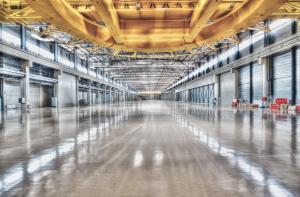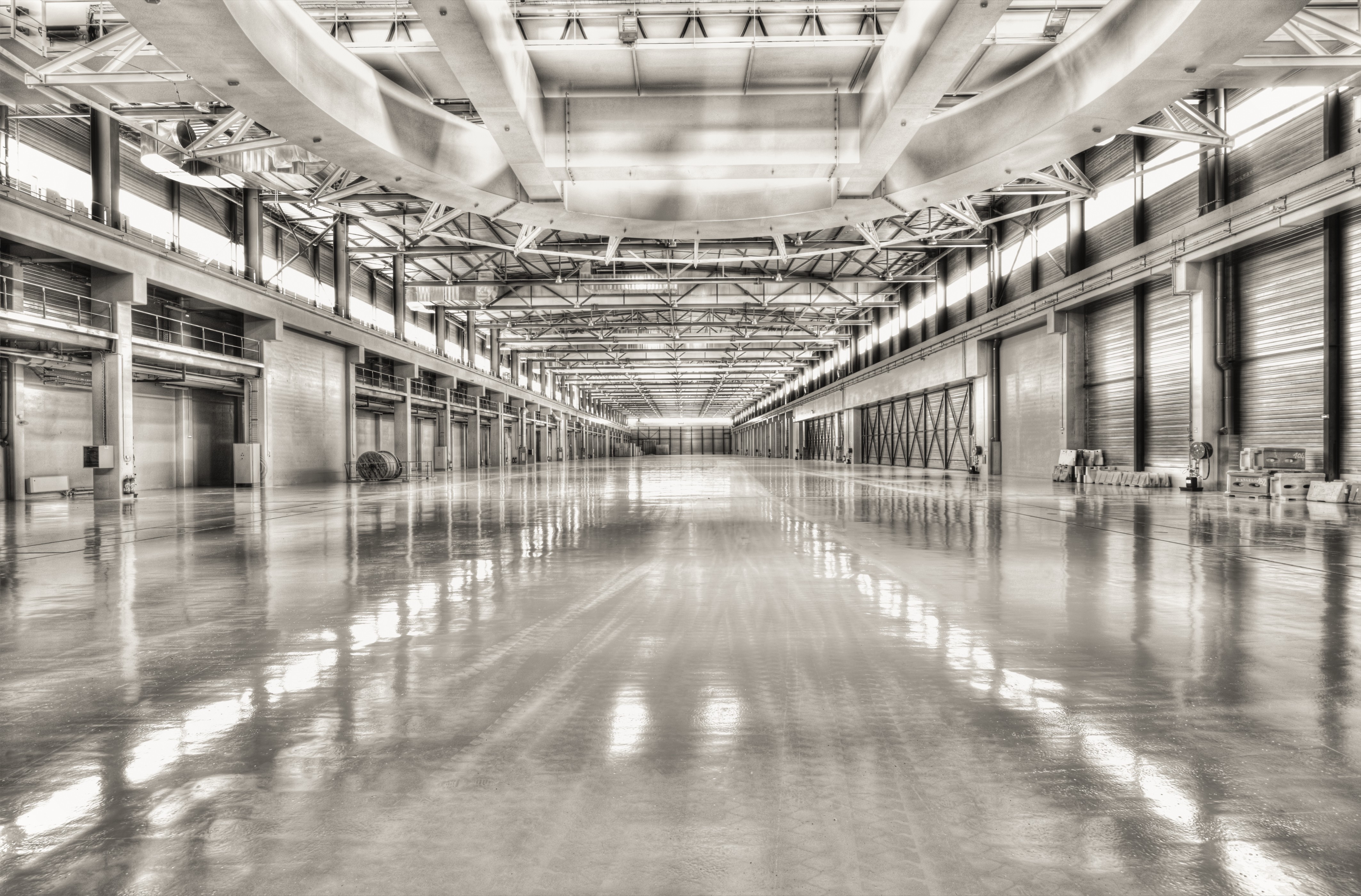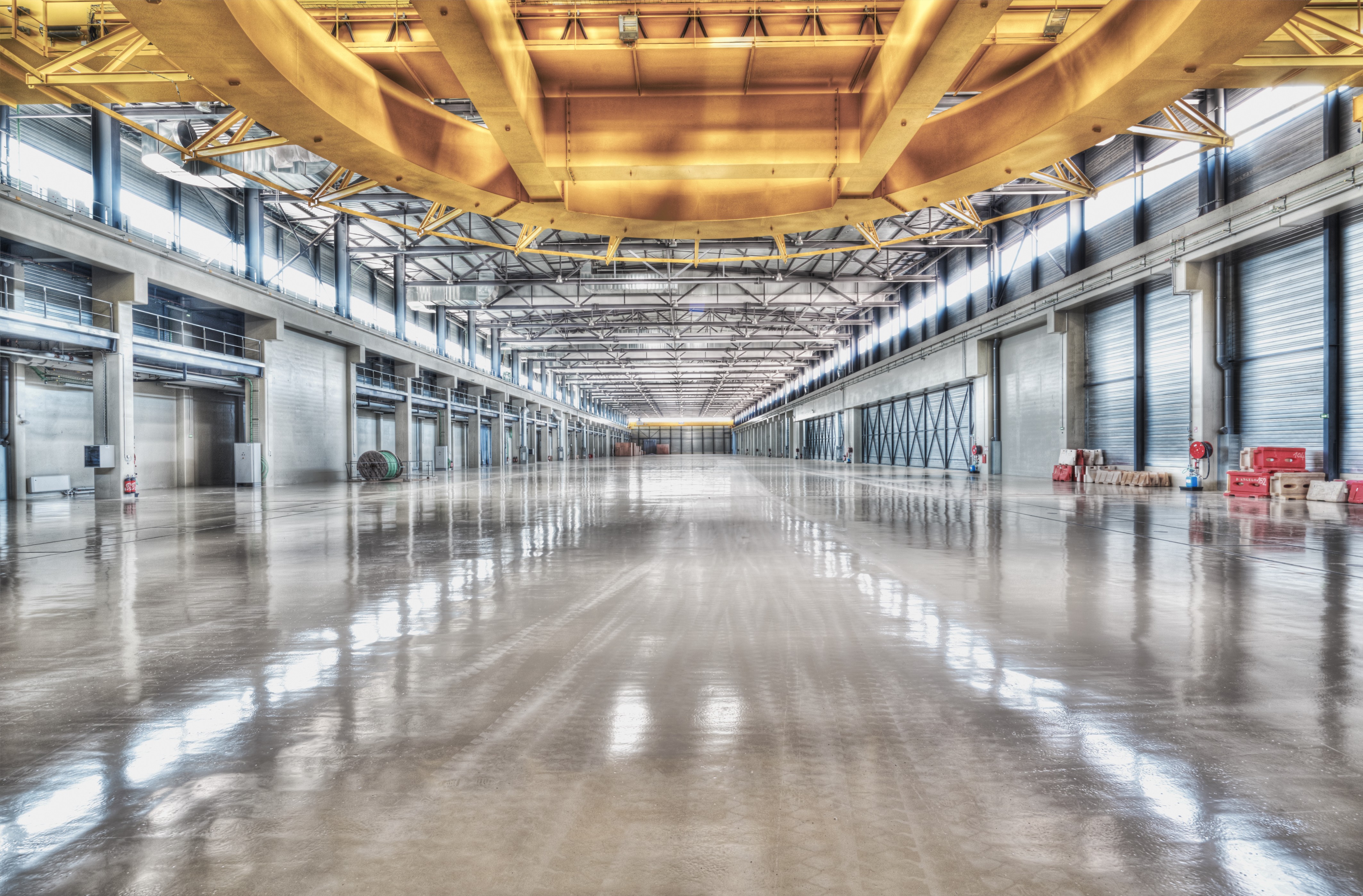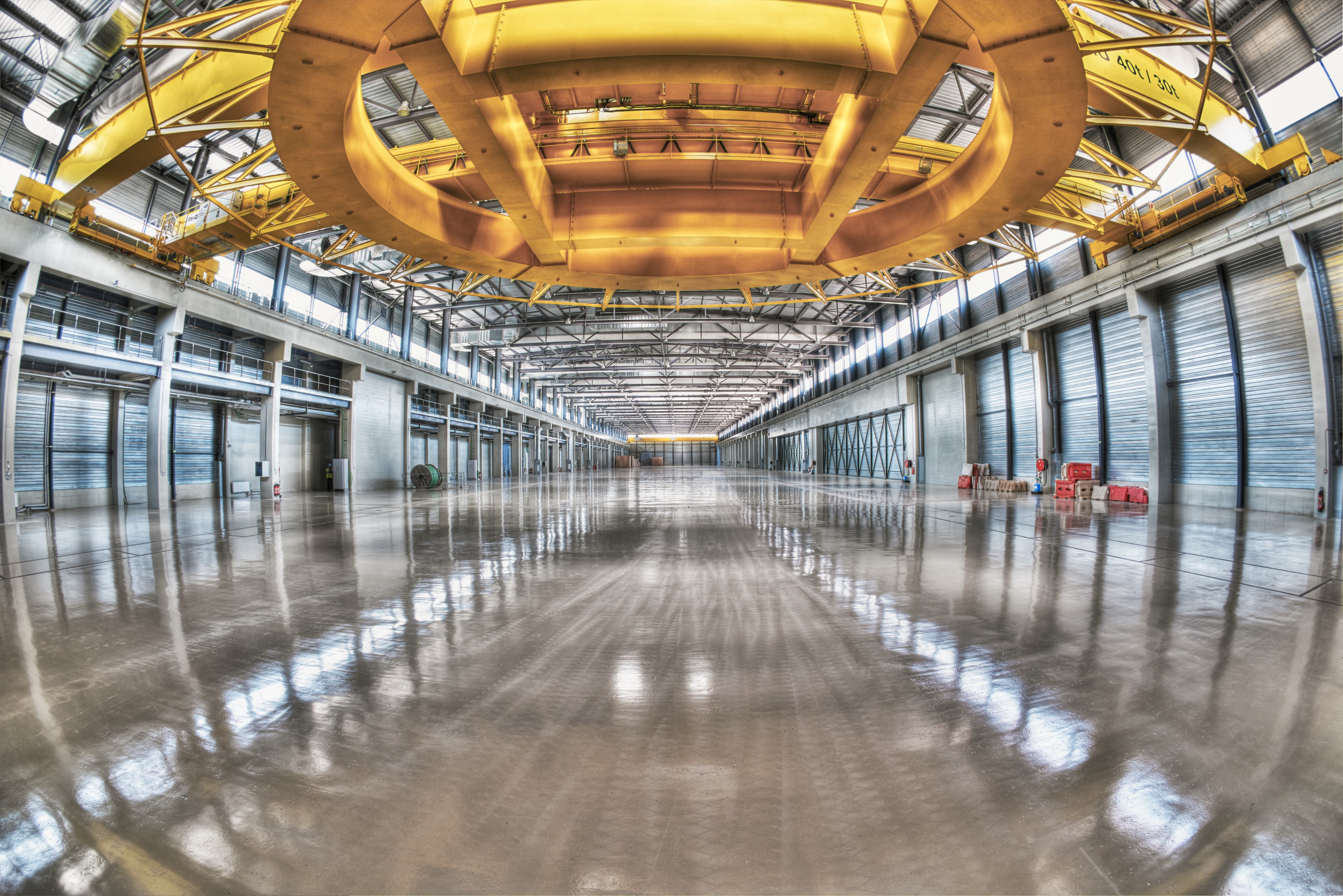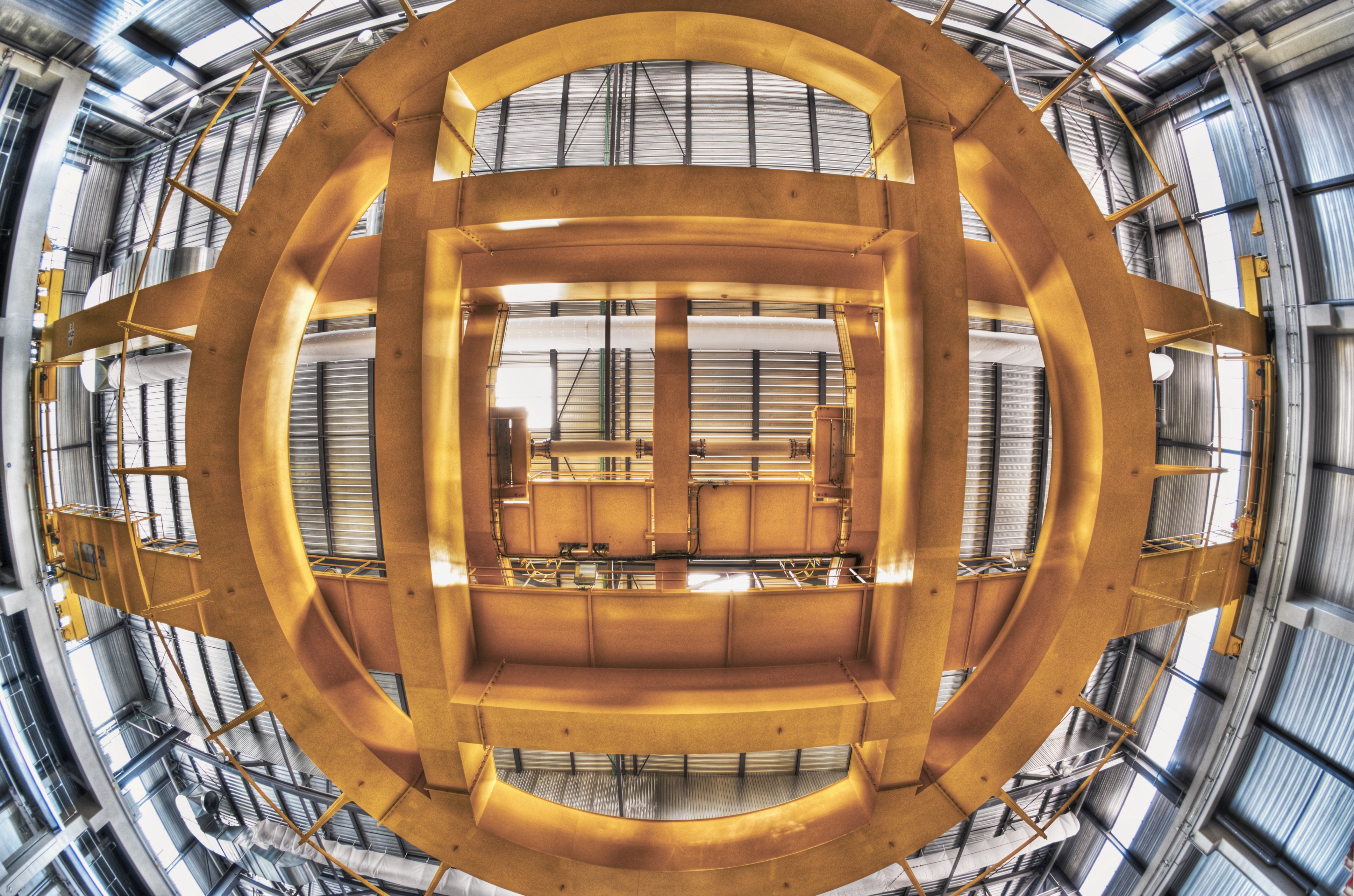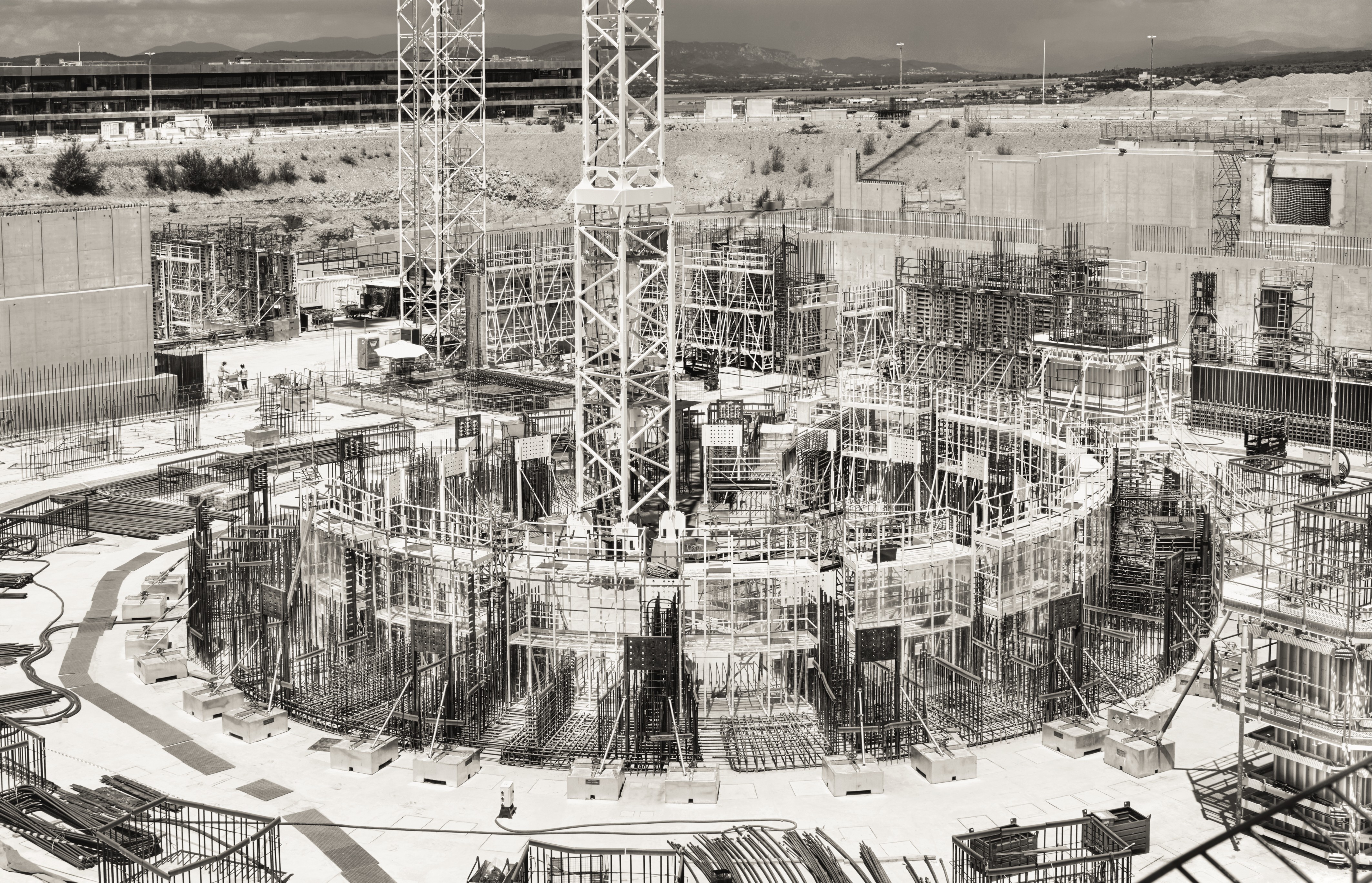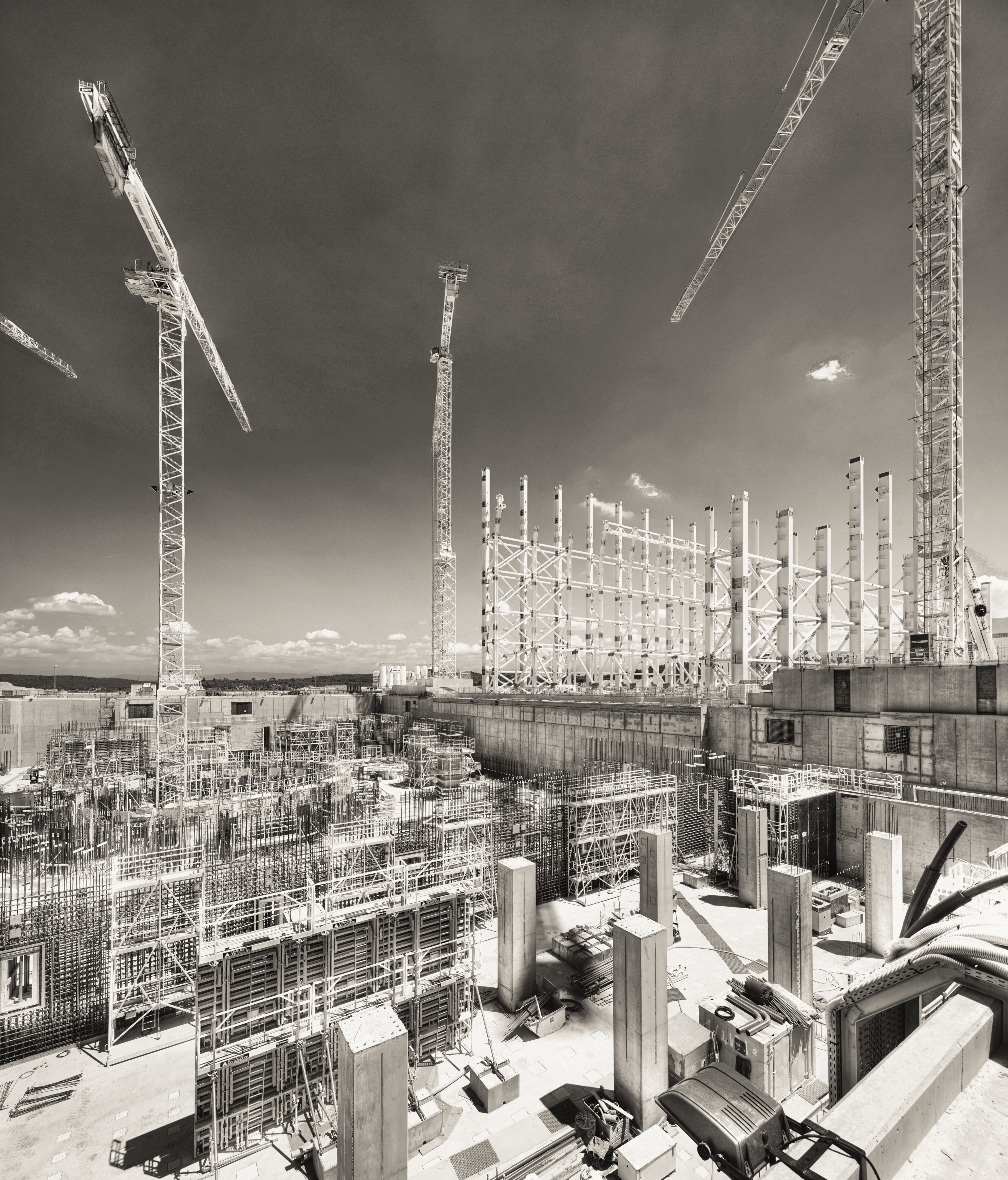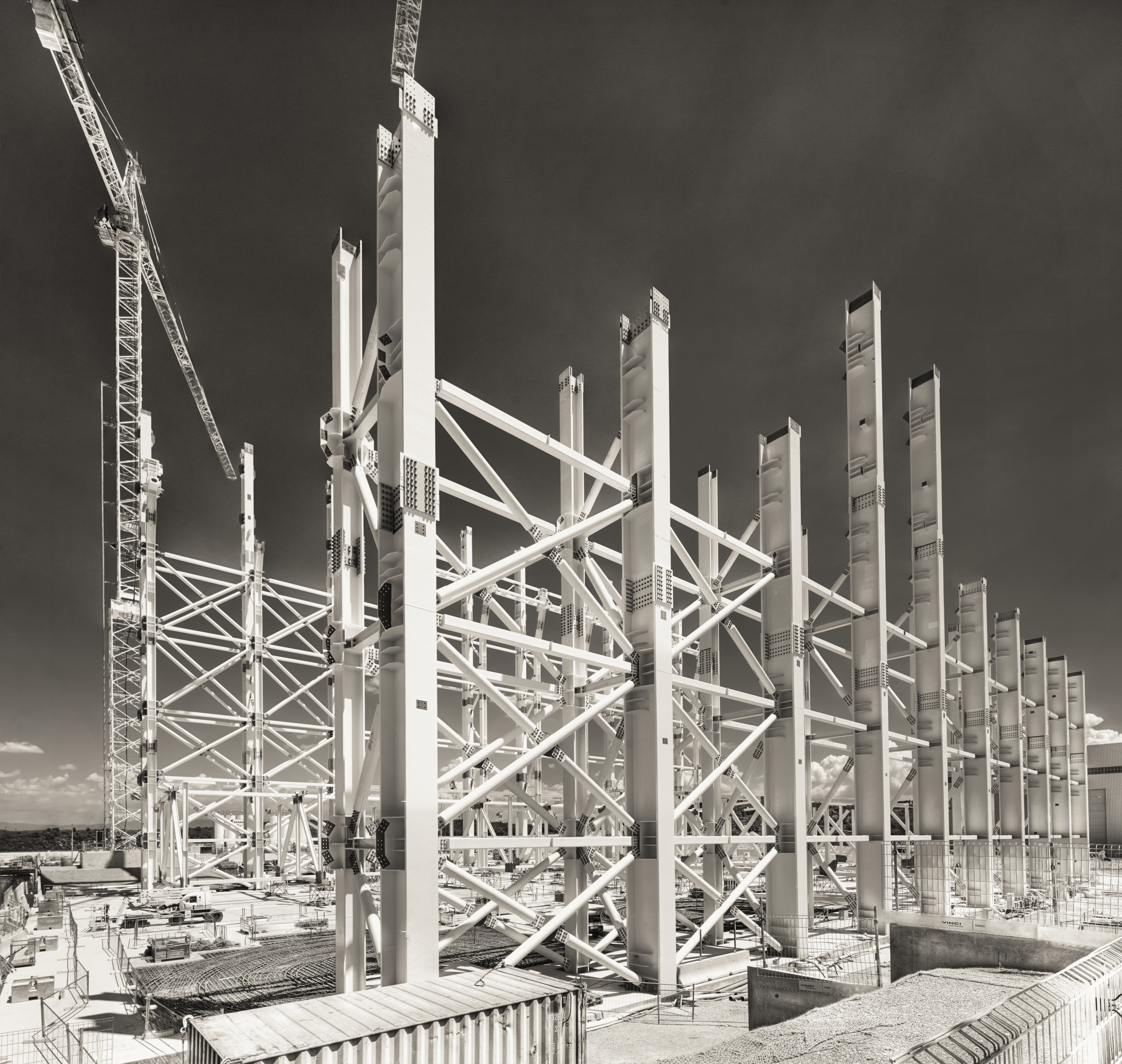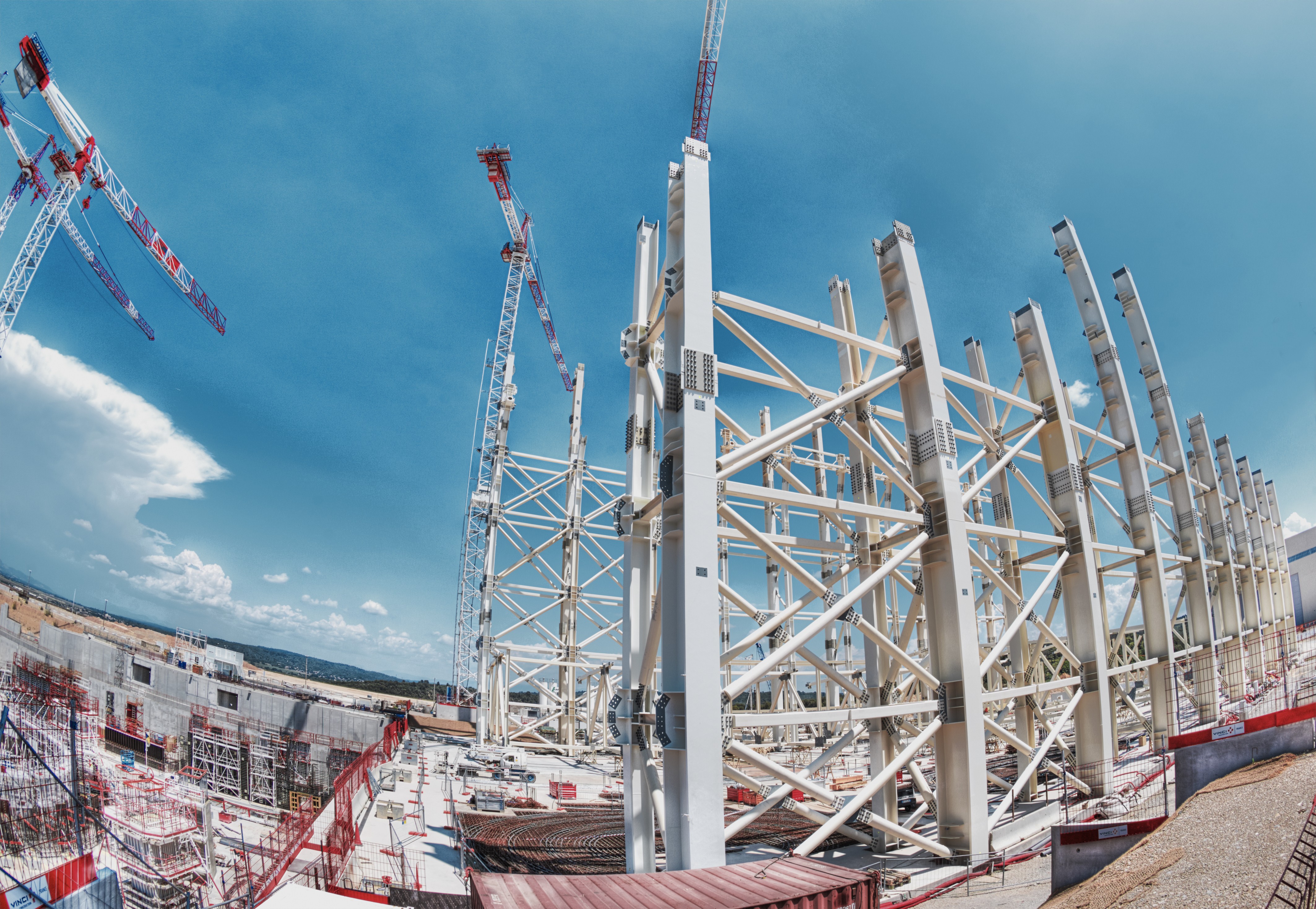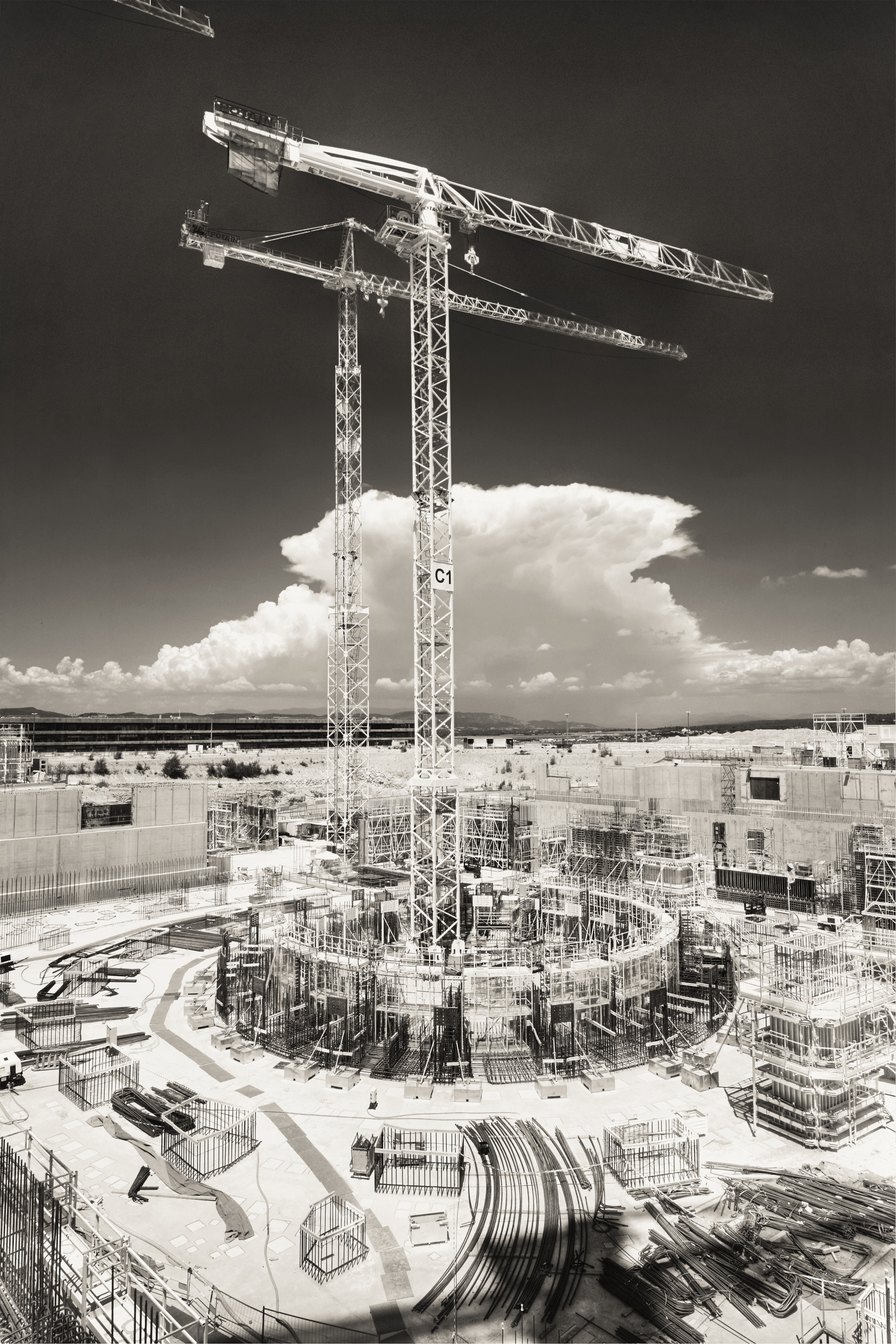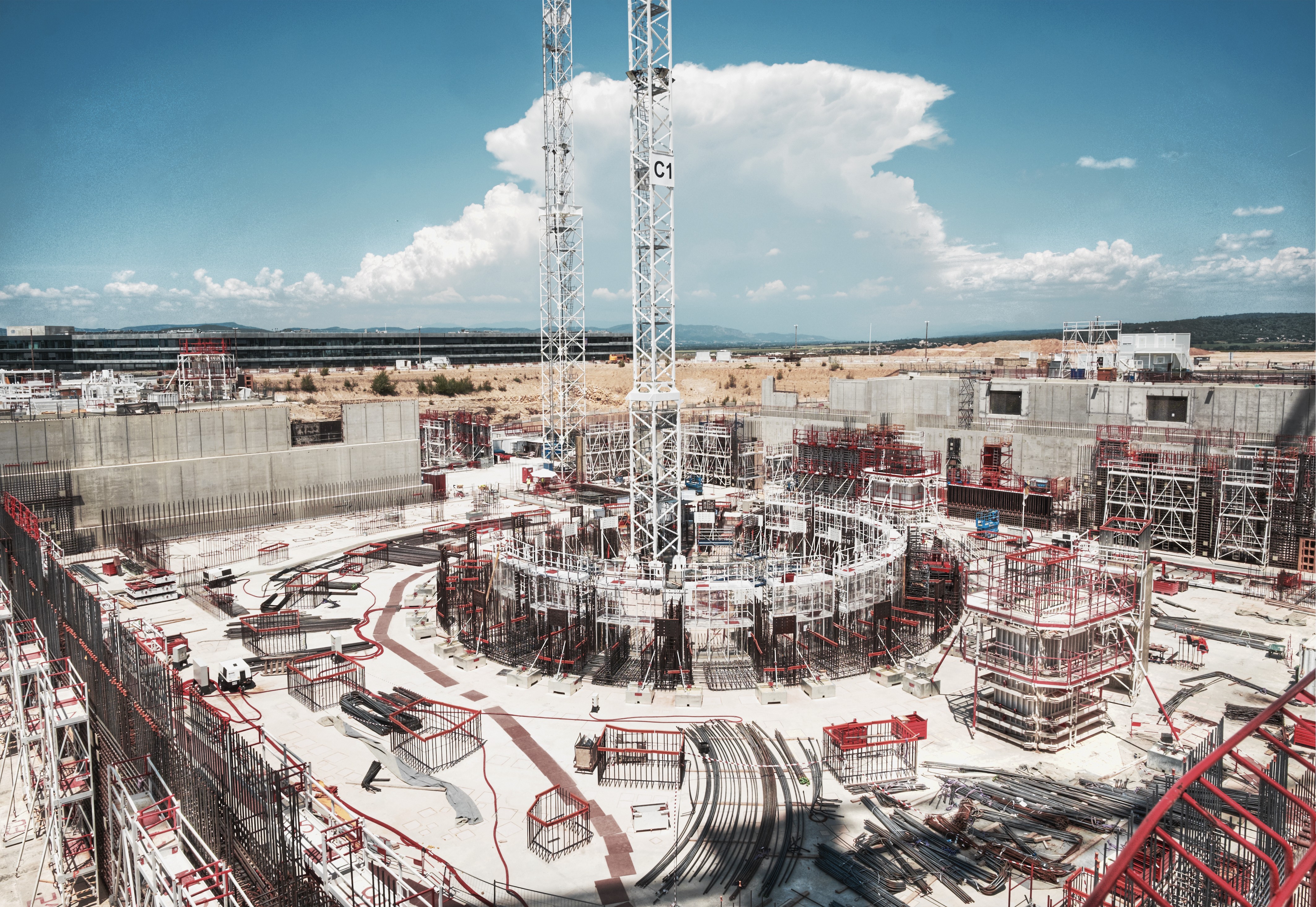German photographer Christian Luenig is well respected in the fields of documentary photography, photojournalism and photo arts. He has won many awards for his interpretation of architecture, technology and research — and even the occasional rave party. One of his most recent prizes was received for work on two German fusion devices, the Textor tokamak in Juelich and the Wendelstein stellarator in Greifswald.
"I have always been fascinated by capturing complex scientific projects, by translating high-tech into art. When I read about Wendelstein being assembled at the Max-Planck-Institute for Plasmaphysics I thought—I have to get in there! And so it was..."
It comes thus as no surprise that — having made contact with the fusion community - he wished to shoot the "the making of" at ITER.
The characteristic texture and particular lighting of Luenig's images comes from a technique called "tone mapping." Multiple exposures of one object are digitally layered and then rendered by a special program. The result is quite dramatic on metal surfaces such as fusion devices.
The image gallery below shows some of the results from his maiden visit to the ITER worksite. He will certainly be back once the assembly of the ITER machine is in full swing to create art from the ITER machine.
For more information about Christian Luenig and to view his work, visit www.arbeitsblende.de. (All images: Christian Lünig/ VG Bild und Kunst)

